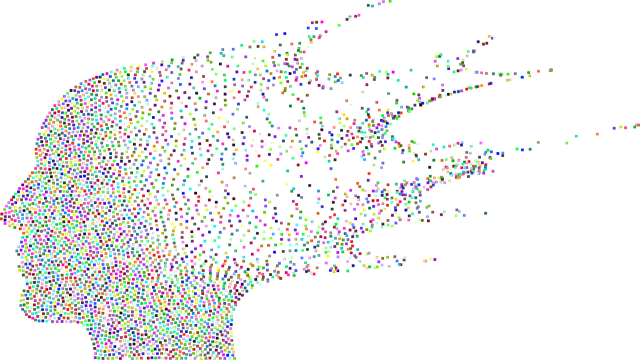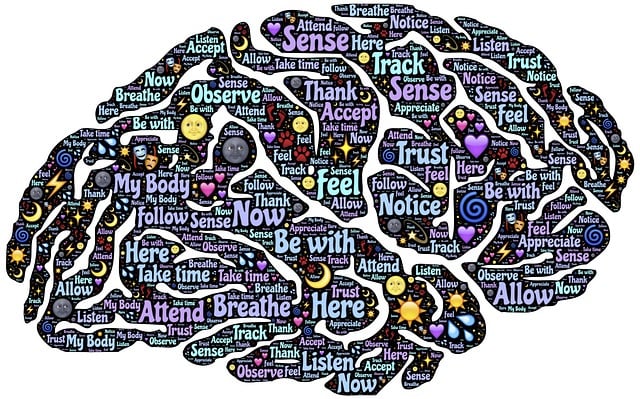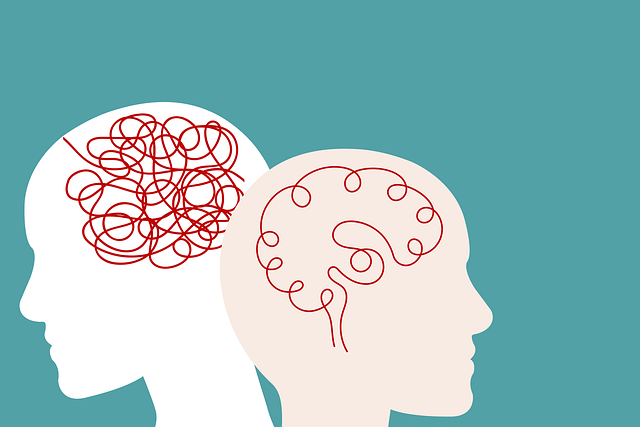Lafayette Learning Disability Therapy (LLDT) highlights the critical role of emotion regulation in addressing learning disabilities and their associated emotional challenges. By teaching clients to understand and manage their emotions effectively, LLDT enhances learning abilities and social interactions. Through tailored strategies, workshops, and sessions, individuals gain practical tools for stress management, emotional intelligence, and decision-making. The holistic approach combines cognitive techniques with emotional intelligence training, promoting mental health, resilience, and self-care routines. LLDT's emphasis on cultural sensitivity ensures inclusive practices, while development of mental wellness coaching programs further personalizes support.
Emotion regulation is a vital skill, especially for individuals with learning disabilities. This article explores its significance and introduces effective strategies through the lens of Lafayette Learning Disability Therapy. We’ll delve into how this therapeutic approach facilitates emotion management, offering practical techniques to enhance emotional well-being. From understanding basic emotions to developing coping mechanisms, these strategies empower folks to navigate challenges. By integrating them into daily routines, individuals can improve focus, reduce stress, and foster a more positive learning environment, all thanks to evidence-based practices like Lafayette Learning Disability Therapy.
- Understanding Emotion Regulation and its Importance in Learning Disabilities
- The Role of Lafayette Learning Disability Therapy in Teaching Emotion Regulation Techniques
- Practical Strategies for Effective Emotion Regulation Skill Development
Understanding Emotion Regulation and its Importance in Learning Disabilities

Emotion regulation is a crucial skill to master, especially for individuals with learning disabilities, as it plays a pivotal role in their overall development and academic success. Lafayette Learning Disability Therapy recognizes that understanding and managing emotions effectively can significantly impact a person’s ability to learn and interact with the world around them. Many learners with disabilities struggle with emotional regulation, which can lead to challenges in the classroom and daily life.
Teaching emotion regulation techniques is a proactive approach to support these individuals. By learning to identify and manage their emotions, students with learning disabilities can enhance their mental wellness and develop essential coping strategies. This process involves teaching them to recognize triggers, understand their emotional responses, and employ healthy outlets for expression. Moreover, it contributes to the development of self-care routines for better mental health, enabling them to navigate social interactions, academic pressures, and personal struggles with resilience and adaptability.
The Role of Lafayette Learning Disability Therapy in Teaching Emotion Regulation Techniques

Lafayette Learning Disability Therapy (LLDT) plays a pivotal role in empowering individuals to master emotion regulation techniques through tailored and effective strategies. LLDT offers specialized programs designed to address learning disabilities, often intertwined with emotional challenges, providing a unique approach to mental wellness coaching. The therapy focuses on developing essential skills for stress management, which is a cornerstone of overall well-being. By participating in LLDT’s workshops and sessions, individuals learn to identify and manage their emotions healthily.
One of the key contributions of Lafayette Learning Disability Therapy is its emphasis on empathy building strategies. This aspect is crucial in fostering effective communication and understanding, enabling individuals to connect with themselves and others on a deeper level. Through these programs, participants gain practical tools to navigate emotional landscapes, leading to improved decision-making and enhanced relationships. LLDT’s holistic approach combines cognitive techniques with emotional intelligence training, ensuring a comprehensive journey towards better mental health and resilience.
Practical Strategies for Effective Emotion Regulation Skill Development

At Lafayette Learning Disability Therapy, we understand that emotion regulation is a vital skill for individuals to navigate their mental health journey effectively. Teaching practical strategies can empower clients to manage and express their emotions healthily. One such strategy involves helping them identify and label their feelings accurately. This cognitive aspect is crucial in understanding the physical and emotional cues associated with different emotions, enabling individuals to respond appropriately rather than reacting impulsively.
Additionally, developing a personalized set of coping mechanisms tailored to individual needs is essential. This might include techniques like deep breathing exercises, mindfulness practices, or engaging in creative outlets. Incorporating these strategies into daily routines can help individuals gain better control over their emotional responses. The integration of Cultural Sensitivity in Mental Healthcare Practice further enhances this process, ensuring that emotion regulation techniques are adapted to respect and celebrate diverse cultural backgrounds, thereby fostering inclusive and effective therapy. Mental Wellness Coaching Programs Development and Healthcare Provider Cultural Competency Training play a significant role in equipping professionals with the skills to offer such personalized support.
Emotion regulation techniques are powerful tools that can significantly enhance the lives of individuals with learning disabilities. As discussed, Lafayette Learning Disability Therapy plays a crucial role in teaching these skills, offering tailored strategies to navigate and manage emotions effectively. By incorporating practical methods from this therapy into daily routines, folks can foster resilience and improve overall well-being. These techniques are a game-changer, enabling individuals to thrive in various settings and embrace a more fulfilling life.














